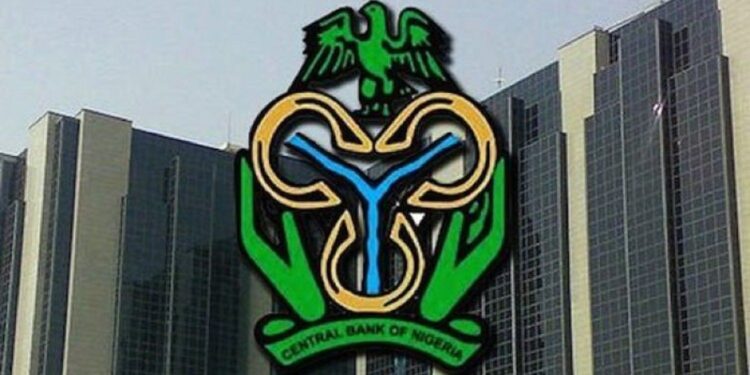Data from the Central Bank of Nigeria (CBN) reveals that loans to the government have surged dramatically, outpacing credit to the private sector. As of September 2024, credit extended to the government stood at N42.02 trillion, an 89.79% increase from N22.14 trillion in the same period last year. In comparison, credit to the private sector grew by 27.46%, reaching N75.85 trillion from N59.51 trillion in September 2023.
The disparity between the growth rates reflects the CBN’s hawkish monetary policy stance aimed at combating inflation. The Monetary Policy Committee (MPC) raised the benchmark Monetary Policy Rate (MPR) by over 800 basis points to 27.50% in 2024. These sustained rate hikes have constrained private sector borrowing while fueling government credit expansion.
Fluctuating Government Credit
The CBN data shows significant fluctuations in credit to the government this year. After staying below N30 trillion for most of the year, it spiked sharply in the third quarter, rising from N19.83 trillion in July to N31.15 trillion in August, and reaching N42.02 trillion in September. Analysts attribute this rapid increase to recurrent government spending and debt servicing, which consumed 79.6% of the federal budget between January and August 2024.
Implications of Policy Tightening
CBN Governor Yemi Cardoso emphasized the bank’s commitment to tackling inflation at the November Bankers’ Dinner of the Chartered Institute of Bankers of Nigeria. Cardoso stated, “Our foremost priority is to achieve price stability, with inflation as a central focus.” He noted that the MPR would remain a key tool for managing inflation, supported by adjustments to the cash reserve ratio and open market operations.
While the tightening has slowed private sector credit growth, analysts warn of its unintended consequences. Afrinvest noted that the credit growth rate for the private sector declined from 46.9% in the preceding 12 months to 27.45% as of September 2024. They argue that the expansion of government credit could undermine the anti-inflationary stance of the CBN by increasing money supply (M3), which expanded by 62.8% over the year to N109 trillion.
Calls for Fiscal-Monetary Policy Synergy
Experts stress the need for greater synergy between fiscal and monetary policies to reduce pressure on the CBN’s interventions. Minister of Industry, Senator John Enoh, highlighted the importance of addressing fiscal inefficiencies, stating, “There has been too much focus on the monetary side… A lot can be done on the fiscal side to reduce the pressure on monetary policies.”
Analysts also recommend measures to de-risk the business environment and curb public sector inefficiencies, arguing that these steps are essential for fostering long-term economic stability and reducing the strain on monetary tools like high-interest rates.
Outlook
The sharp rise in government credit poses challenges for Nigeria’s monetary policy objectives, particularly in controlling inflation and maintaining currency stability. Addressing these challenges will require coordinated fiscal measures and a focus on economic productivity to balance the demands on the monetary system and promote sustainable growth.









